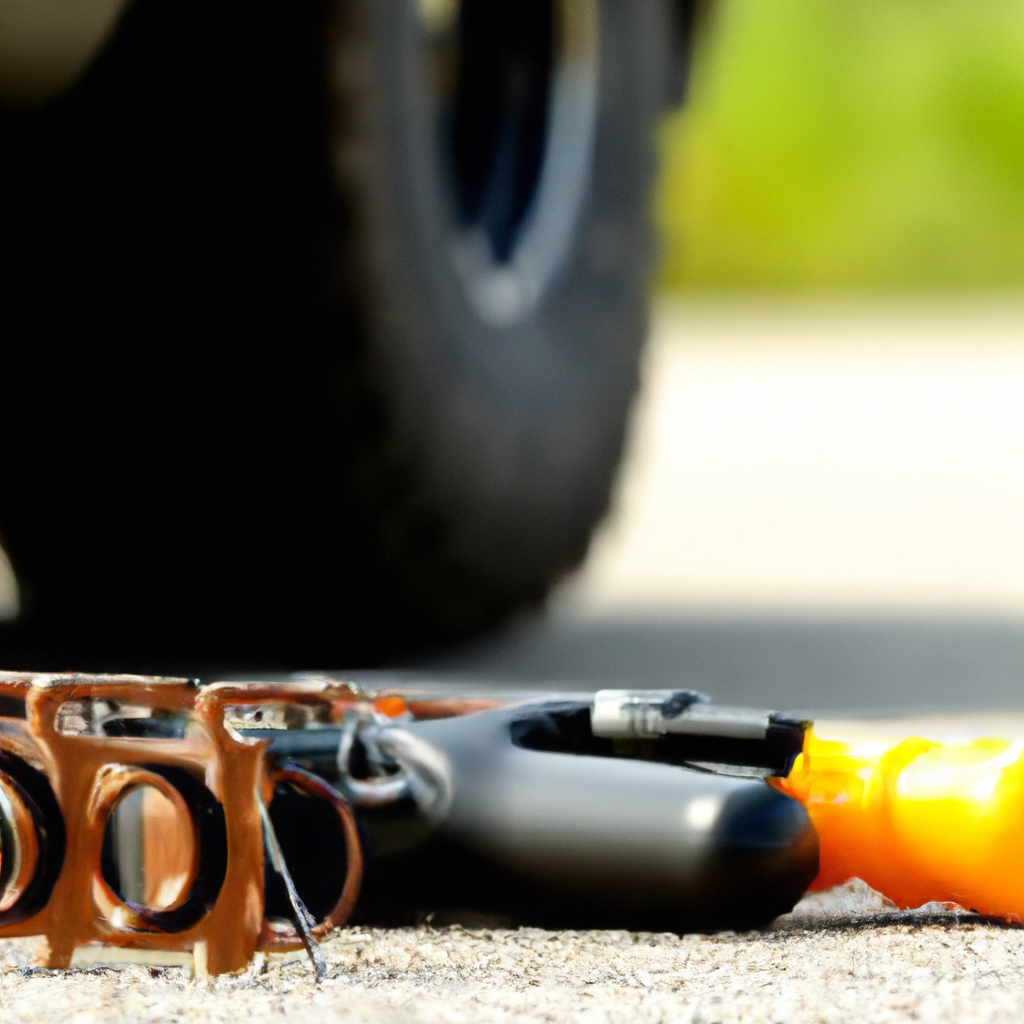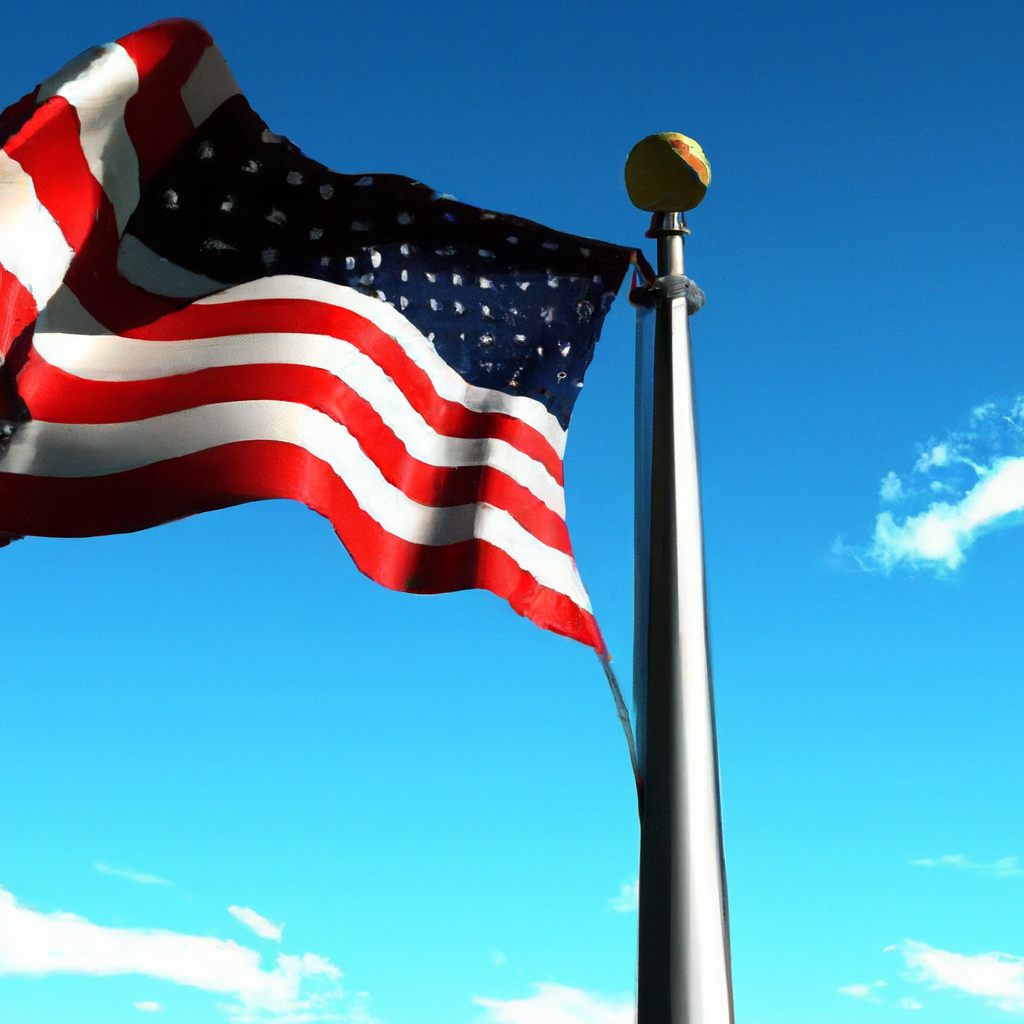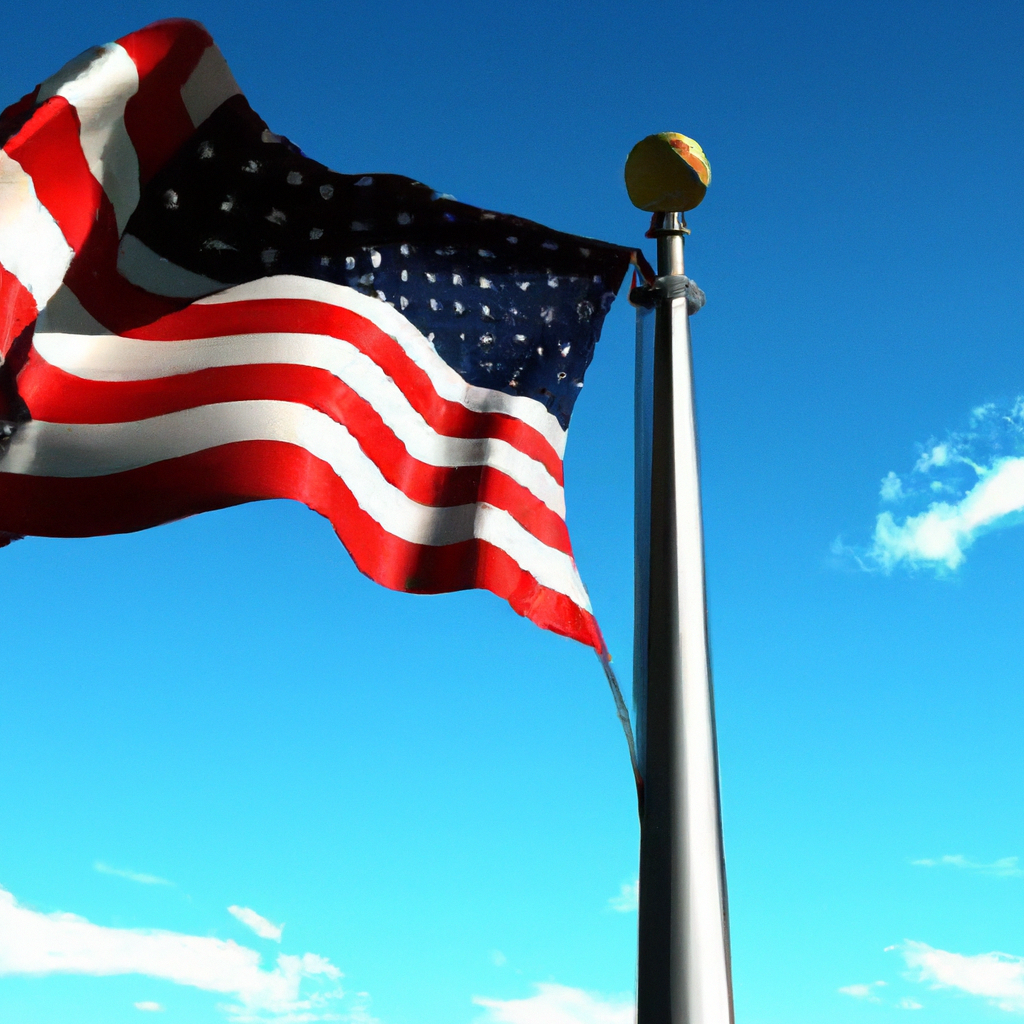Curious about the legality of BB guns in your state or country? Look no further! This article aims to provide you with a quick and informative rundown on the current regulations surrounding BB guns. Whether you’re interested in purchasing one for recreational activities or simply curious about the laws in your area, we’ve got you covered. So, sit back, relax, and let’s find out if BB guns are legal in your neck of the woods!

Overview of BB Guns
BB guns are popular recreational and training devices that mimic the appearance and shooting mechanisms of real firearms. They are designed to shoot small, spherical projectiles known as BBs. While they may resemble actual firearms, BB guns are typically less powerful and are often used for target practice, shooting competitions, and as an introduction to safe firearm handling.
Definition of BB Guns
BB guns are air-powered guns that use compressed gas or a spring mechanism to propel .177 caliber or smaller projectiles, commonly known as BBs. These guns can come in various forms, including pistols, rifles, and even fully automatic replicas of real firearms. The term “BB” originated from the fact that early versions used to shoot small birdshot known as “bird bullets.”
Types of BB Guns
There are several types of BB guns available on the market, each with its own unique features and purposes.
-
Spring-Powered: These BB guns rely on a spring mechanism that must be manually cocked before each shot. They are generally low-cost and easy to use, making them a popular choice for beginners and recreational shooters.
-
Gas-Powered: Gas-powered BB guns use compressed gas, such as CO2 or green gas, to propel the BBs. They offer semi-automatic or fully automatic firing modes and can provide a more realistic shooting experience.
-
Electric-Powered (Airsoft): Airsoft guns, a subcategory of BB guns, are powered by electricity. They use rechargeable batteries to drive a gearbox that propels the BBs. Airsoft guns are widely used in competitive sports and military simulation games.
Popular Uses of BB Guns
BB guns have a wide range of applications and are enjoyed by both young and adult shooters alike. Here are some popular uses of BB guns:
-
Target Practice: BB guns are frequently used for honing shooting skills and accuracy. Many shooters, including experienced firearm enthusiasts, utilize BB guns for practicing their marksmanship in a controlled and safe environment.
-
Recreational Shooting: Shooting cans, bottles, or other targets in a backyard or designated shooting range can be a fun way to relax and unwind. BB guns provide a safe and enjoyable experience for individuals interested in this kind of recreational activity.
-
Training and Skill Development: BB guns can serve as a valuable training tool for individuals learning to handle firearms responsibly. They allow beginners to become familiar with basic shooting techniques, gun safety rules, and proper firearm handling procedures before moving on to real firearms.
-
Competitive Shooting: Various shooting competitions and leagues exist specifically for BB guns. These events range from precision shooting competitions to speed-shooting challenges, providing individuals with an opportunity to showcase their shooting skills and compete against others.
-
Pest Control: In certain situations, BB guns can be used for pest control purposes, particularly when dealing with small animals or birds causing damage to crops, property, or posing a threat to public health. However, it’s important to follow local regulations and ensure that the use of BB guns for pest control is allowed.
With this understanding of BB guns and their various applications, let’s now delve into the regulatory landscape of BB guns in different countries.
Regulation of BB Guns by Country
BB guns are subject to different regulations and legal restrictions in various countries. This section provides an overview of the regulations governing BB guns in some of the prominent countries.
United States
In the United States, the regulation of BB guns varies between federal and state levels.
Federal Regulations
At the federal level, BB guns are not classified as firearms by the Bureau of Alcohol, Tobacco, Firearms, and Explosives (ATF). As a result, they do not require a federal firearms license for ownership or purchase. However, these guns may still be subject to certain restrictions, such as age requirements and restrictions on their transportation.
State Regulations
While federal regulations provide a general framework, individual states have the authority to enact their own laws regarding BB guns. Some states consider BB guns as firearms and subject them to the same regulations as firearms, while others treat BB guns more leniently, depending on their muzzle velocity and other factors.
State laws may dictate the minimum age for purchasing and owning BB guns, shooting restrictions within residential areas, requirements for adult supervision when minors handle BB guns, and transportation regulations.
Examples of State Laws
To illustrate the variations in state laws, let’s consider a couple of examples:
-
In California, BB guns are classified as “imitation firearms” and must have specific markings. The minimum age to purchase a BB gun is 18 years, and shooting a BB gun within 500 feet of an occupied dwelling without the property owner’s consent is prohibited.
-
In Texas, BB guns are generally not regulated, and there are no specific restrictions on their purchase or use. However, local municipalities may have their own ordinances, which could impose additional regulations.
It’s important to note that state laws can change over time, so it is essential to consult the specific regulations for your state to ensure compliance.
United Kingdom
In the United Kingdom, the possession, acquisition, and use of airguns (including BB guns) are strictly regulated.
Firearms Act 1968
Under the Firearms Act 1968, airguns are classified as firearms, and ownership requires a valid firearm certificate (FAC) or a shotgun certificate (SGC). However, certain low-powered airguns with muzzle energy below a specified level, known as “air weapons,” can be owned without a license.
For airguns classified as air weapons:
- Individuals over 18 years can purchase and own them without a license.
- Individuals between the ages of 14 and 17 can use air weapons under direct supervision on private property with the owner’s consent.
Air Weapons and Licensing (Scotland) Act 2015
In Scotland, The Air Weapons and Licensing (Scotland) Act 2015 introduced a licensing regime for all airguns, including those with low muzzle energy. This means that individuals in Scotland must possess an air weapon certificate to own an airgun.
Firearms (Northern Ireland) Order 2004
In Northern Ireland, airguns are considered firearms and require a firearm certificate for ownership. However, low-powered airguns with a muzzle energy less than a specified level do not require a certificate.
Offensive Weapons Act 2019
The Offensive Weapons Act 2019 introduced stricter regulations for airguns in England and Wales. It prohibits the possession of rapid-firing rifles, including fully automatic airguns, by individuals without a specific exemption.
Canada
In Canada, airguns, including BB guns, are subject to regulations outlined in the Firearms Act.
Firearms Act
The Firearms Act governs the possession, use, and acquisition of firearms in Canada, and it also includes airguns.
Under the act:
- Airguns with a muzzle velocity exceeding 152.4 meters per second (approximately 500 feet per second) and a muzzle energy exceeding 5.7 joules (4.2 foot-pounds) are classified as firearms and require a firearms license.
- Airguns with lower velocity and energy levels are not classified as firearms and do not require a firearms license.
Air Guns
Air guns under the minimum velocity and energy thresholds are classified as “uncontrolled firearms” in Canada. Uncontrolled firearms can generally be possessed and used by individuals of any age, but their transportation may still be subject to certain restrictions, depending on local laws.
Provincial Laws
In addition to the federal regulations, individual provinces in Canada may have their own laws and regulations regarding the use, possession, and sale of airguns. These laws may include provisions regarding minimum age requirements, transportation restrictions, and shooting limitations. It is crucial to become familiar with the specific provincial regulations that apply to your location.
Australia
In Australia, the regulation of firearms, including airguns, is primarily governed by the National Firearms Agreement (NFA) and supplemented by state and territory laws.
Firearms Act 1996
The Firearms Act 1996, enacted after the Port Arthur Massacre, introduced stricter firearm regulations in Australia. Airguns fall under the definition of firearms and require an appropriate firearms license for possession and use.
Firearm Regulations 2017
The Firearm Regulations 2017 specify the requirements for firearm licenses, including any specific conditions applicable to airguns. These regulations cover various aspects, such as storage, transportation, and training requirements.
State and Territory Laws
While the NFA provides a framework for firearm regulation in Australia, individual states and territories have the authority to introduce additional laws and regulations. These additional laws may cover specific licensing requirements, age restrictions, and storage obligations. Therefore, it is important to refer to the laws specific to your state or territory to ensure compliance.

Germany
Germany has its own set of regulations and laws regarding the possession and use of airsoft guns, which can be considered a type of BB gun.
Weapons Act
The German Weapons Act strictly regulates airsoft guns, classifying them as “free firearms.” This means that airsoft guns are allowed to be owned and used without obtaining a firearms license. However, there are several restrictions in place:
- The minimum age for purchasing and possessing airsoft guns is 14 years.
- The guns must meet specific criteria, such as having a muzzle energy limited to 0.5 joules and being designed to shoot non-spherical projectiles.
India
In India, the possession and use of firearms, including air guns, are regulated under the Arms Act 1959.
Arms Act 1959
The Arms Act 1959, along with its rules and regulations, governs the possession, manufacturing, trade, and use of firearms in India. Air guns fall under the definition of firearms, and individuals must obtain an arms license to possess and use them.
Air Gun Restrictions
Air guns are subject to certain restrictions in India:
- Individuals under the age of 18 are prohibited from owning or using air guns.
- Air guns cannot be used in public places, within the limits of municipal corporations, or near railways without permission from the local authorities.
- Specific public safety guidelines, including the direction and elevation of firing, must be followed to avoid endangering public safety.
It’s important to consult the specific provisions of the Arms Act and any relevant state laws for a comprehensive understanding of India’s air gun regulations.
Brazil
The regulation of firearms and toy guns, including BB guns, in Brazil is governed by the Firearms Statute and other legislation.
Firearms Statute
The Firearms Estatute (Estatuto do Desarmamento) sets the regulatory framework for firearms in Brazil. BB guns, also known as “pistolas de pressão,” are classified as air guns under the Firearms Statute.
- Individuals over the age of 18 can acquire and possess air guns without any specific licenses or permits, as long as they are used for recreational purposes.
- Air guns must be exclusively used in private properties or authorized shooting ranges.
Toy Guns
It’s important to note that Brazil has strict regulations regarding toy guns. Law No. 10.826/2003 prohibits the commercialization, manufacturing, importation, and possession of toy guns that resemble real firearms. This measure is in place to prevent misunderstandings and potentially dangerous situations.
China
China has its own set of laws and regulations surrounding firearms and airsoft guns, which can be considered a type of BB gun.
Firearms-Control Law
Under the Chinese Firearms-Control Law, airsoft guns are classified as “non-lethal firearms.” This means that these guns can be owned and used without a firearms license, subject to certain restrictions.
- The minimum age for purchasing and owning airsoft guns is 18 years.
- Airsoft guns are prohibited from being carried in public places or used in any way that endangers public safety.
- The guns must be equipped with a non-removable safety device and must be painted in bright colors to distinguish them from real firearms.
By adhering to these regulations, individuals in China can legally possess and use airsoft guns.
With regulations varying across countries, it is essential to thoroughly research and understand the specific laws of your country, state, or jurisdiction regarding the ownership, possession, and use of BB guns. Additionally, always prioritize safety, follow proper handling techniques, and educate yourself on local rules and guidelines to ensure a responsible and enjoyable experience with BB guns.
